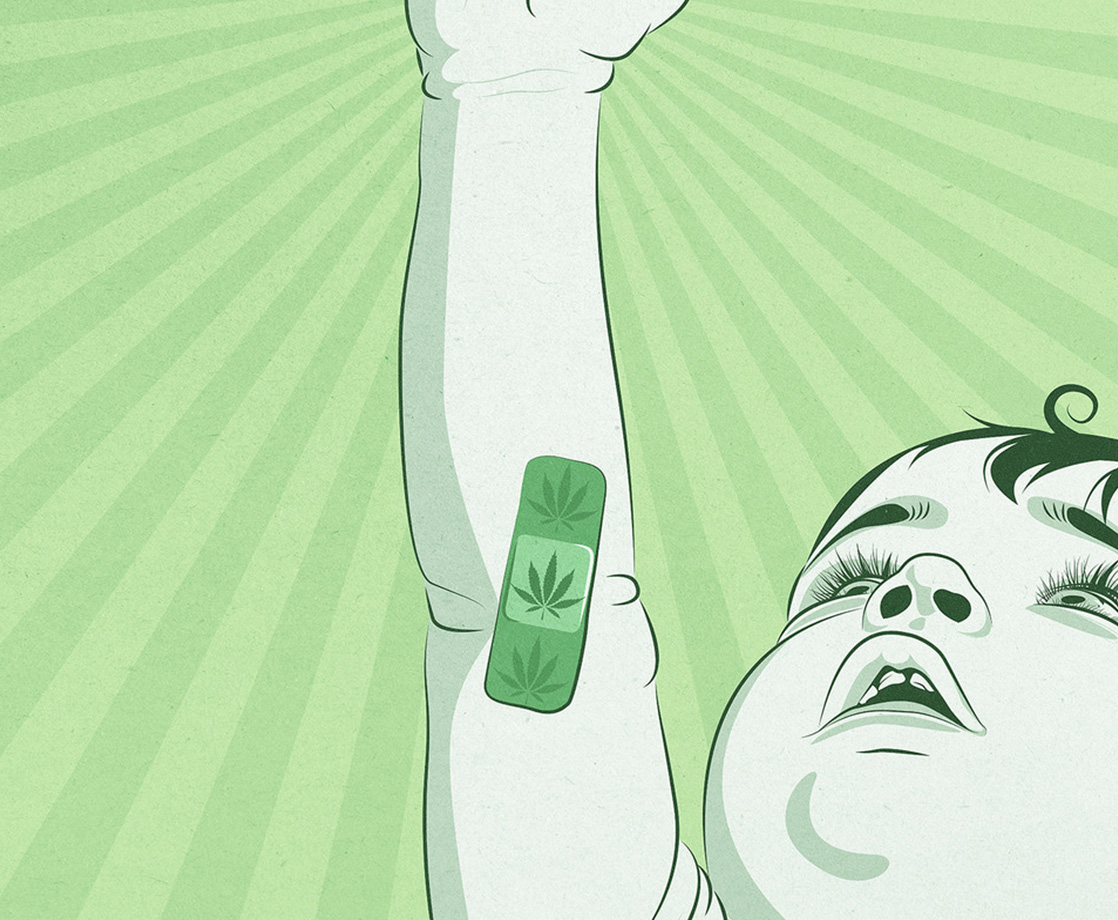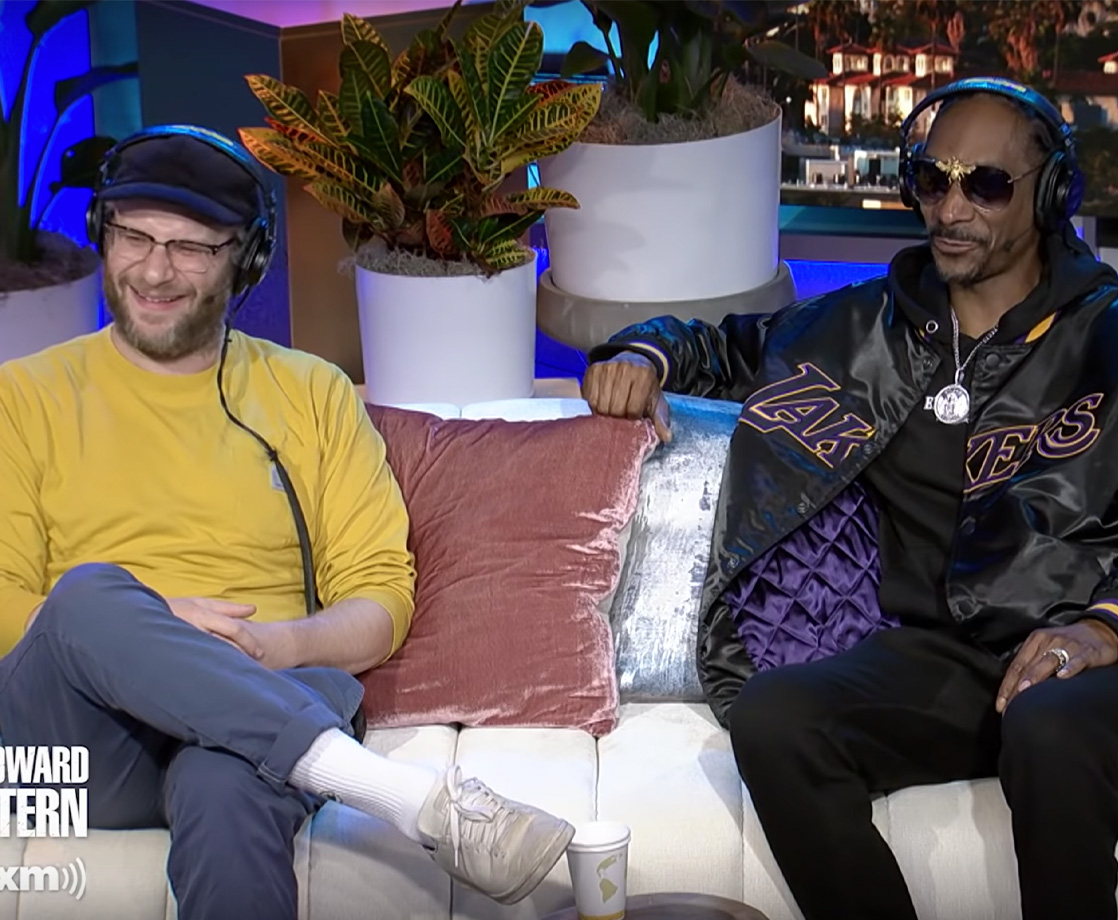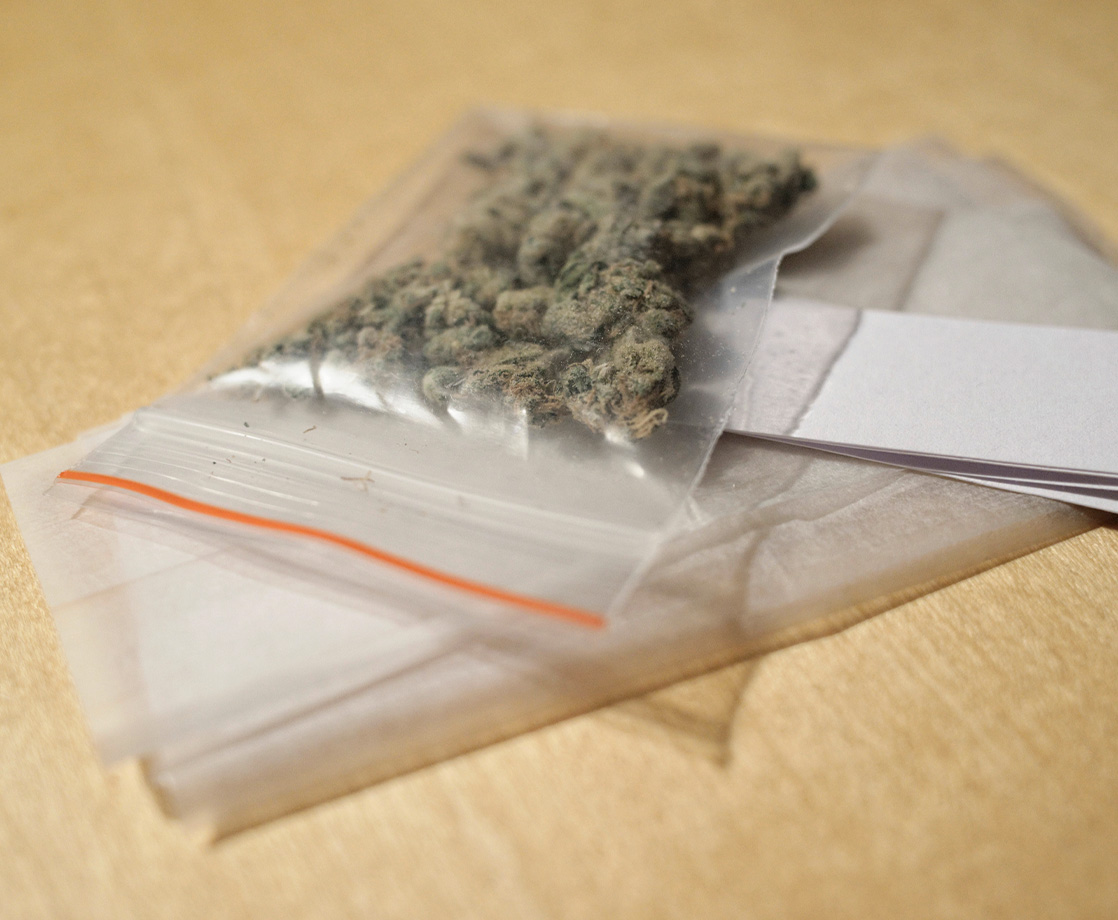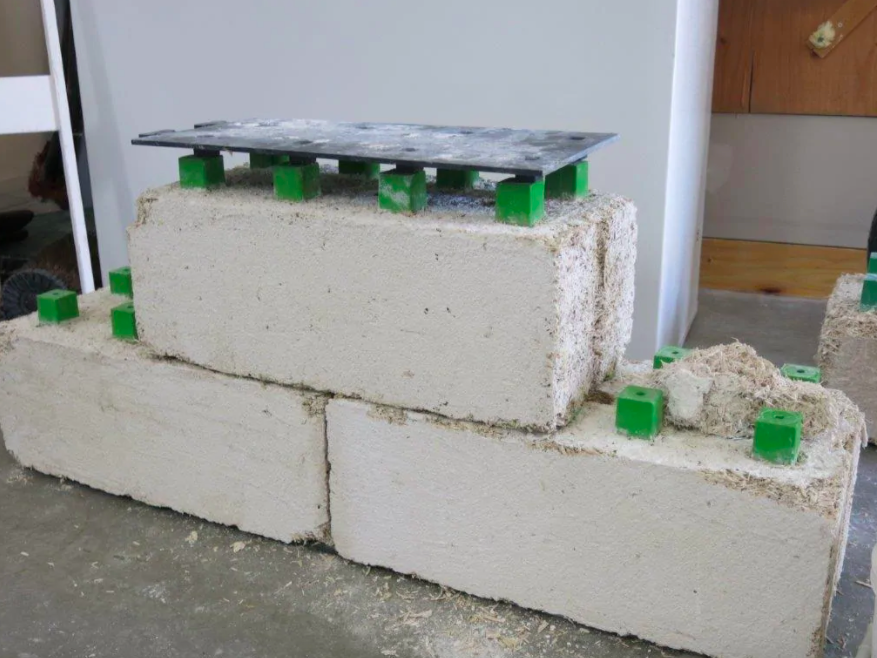All photos courtesy of Abbey Epstein and “Weed the People”
As the United States watched our neighbors in Canada make history by fully legalizing cannabis earlier this month, its denizens revisit an outstanding truth: the plant remains federally illegal in America, despite various state laws and Trump’s ambiguous promise to, uh, think about legalization after the midterms. Still, activists like filmmaker Abby Epstein keep pushing for drug reform — most recently in her documentary Weed The People, made in collaboration with executive producer and long-time collaborator Ricki Lake. After premiering at the 2018 SXSW Festival, Mangurama and Bobb Films acquired the feature, which subsequently opened in select theaters last Friday.
The documentary, shot over the course of six years, follows a stable of juvenile cancer patients as they treat their illnesses with cannabis. Although lots of footage in the film spans the sterile halls of hospitals, Epstein says many of the institutions wouldn’t allow her crew to shoot the doctors discussing cannabis, or the children being treated with the “alternative” medication. So, instead, she bring us directly into the imperfect homes of the families experimenting with (and often championing) the plant.
For example, we see a dramatic shot sweep across a couch where a young boy, Chico, is laying in pain from a rare form of cancer. When his “mum” administers his medication — which, in this instance, just so happens to be cannabis — we see his body become instantly animated. The same positive reaction to the plant is reflected in another subject of the movie, an infant named Sophie suffering from a craven brain tumor. It can feel jarring to watch, but that’s just because such applications of medical cannabis have long been controversial — a fact Epstein acknowledges and hopes the film challenges. Sprinkled with takes from cannabis companies like Aunt Zelda’s, as well as experts and oncologists specializing in cannabis medicine, Weed the People features a myriad of perspectives, all of which suggest that cannabis is medically effective, and more clinical trials are needed to increase patients’ access to it.
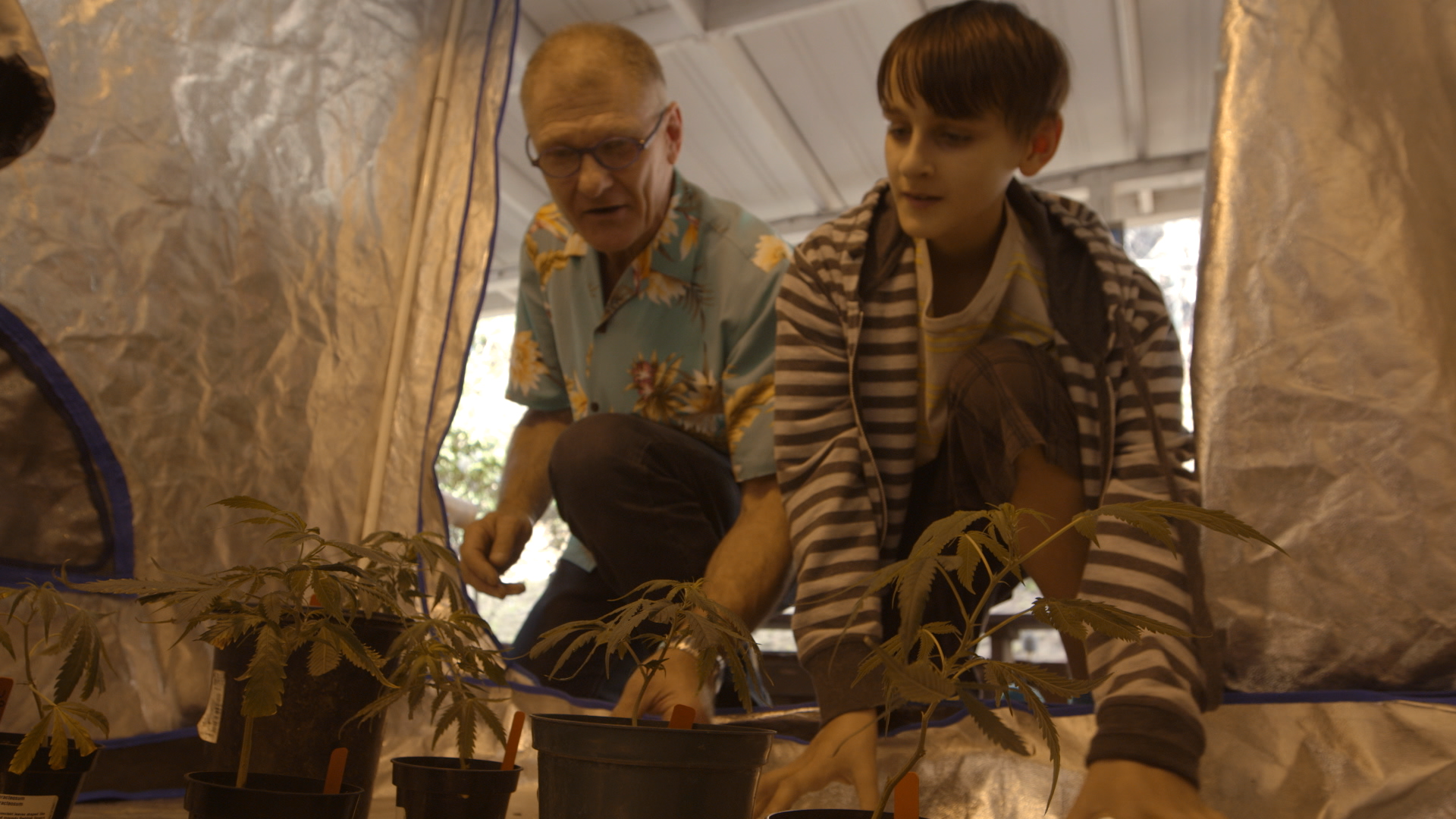
Weed The People is far from Epstein’s first directorial rodeo, debuting in the role with 2003’s Until the Violence Stops, an Emmy-winning film focused on the worldwide efforts to end violence targeting women. And then a decade ago, Epstein and Lake collaborated on The Business of Being Born, another award-winning documentary that dug into the business side of the childbirth industry. Weed the People follows the blueprint Epstein built herself, winning the Audience Choice Award at the Nashville Film Festival, along with top nominations at SXSW.
Weed the People, Epstein says, was a natural next step. After Lake befriended a little girl living with a chronic disease and helped her acquire cannabis as an attempted treatment, Epstein sensed the opportunity to tell an important story. And, as the popularity of cannabinoids like CBD began to soar early during the filming process, the hope of the film only gained steam. Sure, CBD has now — around the documentary’s theatrical release — perhaps reached peak mainstream status, and although that could spike interest in federally-funded clinical trials, the U.S. still isn’t quite there. “It feels like there’s this big suppression of information, which I think is so criminal and outrageous,” Epstein says, noting that the doc does not intend to focus on cannabis consumption as a lifestyle enhancement tool. Weed The People wants to highlight the ways that cannabis can save young lives, and what we need to do to continue supporting that. “We’re trying to lift the lid on that,” the director adds.
MERRY JANE jumped on the horn with Epstein to talk about how the film evolved over a half-decade, what’s still missing from mainstream conversations about medical cannabis, and other misconceptions she hopes Weed the People will rectify.
This interview has been edited for length and clarity.
MERRY JANE: Could you tell me a little bit about the process of setting out to make the documentary actually happen?
Abby Epstein: Absolutely. So, about six years ago in 2012, my long time partner Ricki Lake and her late husband Christian were trying to help a little girl who was really sick. She had tumors all over her body — she was undergoing chemo — and they became really involved in her care, just trying to help her and her mother. As they were researching alternative treatments and complementary treatments for this little girl, they started to look at cannabis. And Ricki’s husband had been researching cannabis on his own, and had been looking at it for his migraines and chronic pain, as well as to help his grandfather. It just was this perfect storm where Ricki and Christian were like, “Wait a minute. We’re researching this cannabis stuff, maybe this could help this child.”
And then one day, Ricki called me and she said, “Okay, you’re not going to believe this, but Christian and I are getting on a plane with this little girl. We are going up to Mendocino to meet this famous cannabis physician to see if she can try this.” And I said, “What? This sounds like a movie. I’m coming, and I’m bringing a camera crew.” So, that’s how the movie was born, and that was back in 2012.
Like you mentioned, Ricki is a long time partner and you worked together on The Business of Being Born. How was this effort — almost a decade later — different?
Oh my God, it’s so different now. I think people are just more aware now. Back then, nobody knew, like, “What is CBD? What are you talking about?” It was just all this foreign language. You can see that in the evolution of our film because we were shooting a lot of it in 2013. Even the oil makers and oil providers that we were following were making this cannabis oil in their kitchen on their stove; now these same people — if you follow them through the end of the film — have huge companies that are publicly traded and they’re big players in the cannabis circuit. You see the evolution of the science, and the knowledge, and the acceptance of this plant has evolved and exploded over the last six years.
Mara Gordon — one of our characters who’s from Aunt Zelda’s Oil — you see her making oil in her kitchen and going to patient’s homes to help them [early in the film]. And then, in the last scene of the film, she’s speaking at Harvard and talking about her clinical trials. It’s fascinating.
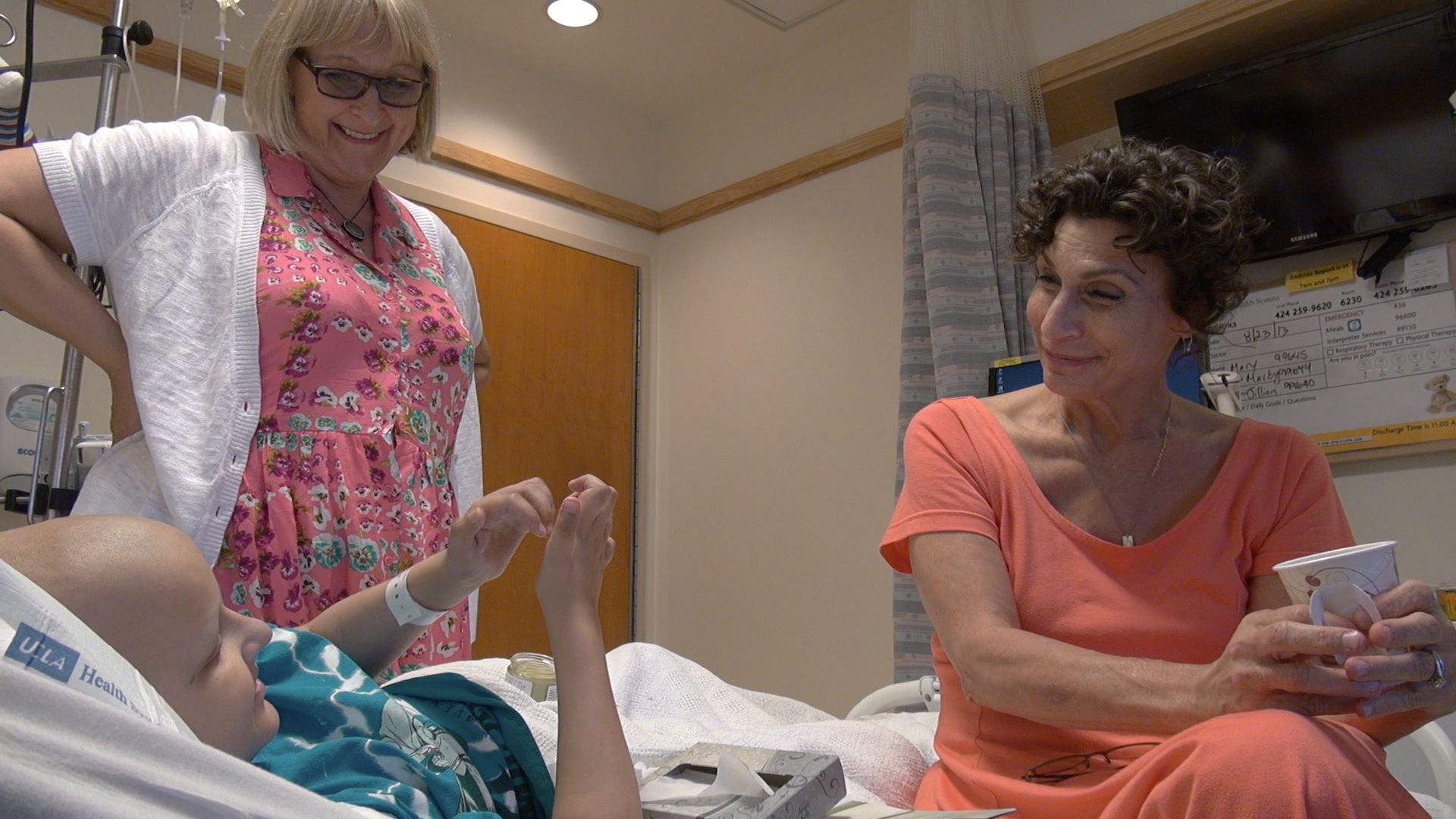
I mean, for crying out loud, Goop now sells Miwak Junior bowls, and it’s hard to pass a café in a major U.S. city that doesn’t offer CBD-infused coffee. Cannabis has evolved leaps and bounds. Did you predict any of this happening when you first set out to make the documentary? Did any of this growth surprise you?
I think we sort of saw the train leaving the station, to tell you the truth. Especially because we were filming a lot in California, and we also were following the way that I think some of the media — CNN and whatever — really misled people into kind of a CBD craze. I think the point of the medicine got lost.
This is about whole plant medicine. This is about a lot of cannabinoids working together, including THC, in what’s called the entourage effect. So I think definitely there’s been some misleading press about it, especially because there was such a focus on epilepsy and epileptic children. Once we saw that story breaking the news — we saw what people [called] the Sanjay Gupta effect, where Sanjay kind of gave his Mea culpa to the public and turned his position 360 on cannabis. We saw that things were going to flip, but… I’m not sure that they flipped in quite the right way.
I think that there’s still so much misinformation out there, and I think people are just following the money trail. Selling this pricey CBD is not what our film is talking about. Our film is talking about health equity and making [medical marijuana] a really affordable, accessible option for people.
How does the boom of CBD and the Gupta effect both help and harm the mission of making cannabis more readily available for cancer treatment, specifically?
I don’t know that it harms it… it’s something where I think the public has some general information about CBD, and what they know about medical marijuana is kind of like, “Oh yeah, it’s people smoking joints who are going through chemo.” It’s palliative. They don’t really understand any of the properties of cannabis that actually fight cancer and also help the immune system recover from other conditions. I think that with this kind of surge around legal hemp products and the CBD market and recreational [legalization spreading], unfortunately I think sometimes medical gets lost.
I find it sad that a cancer patient in New York doesn’t know really where to turn, can’t find a local oncologist or a local cannabis physician to advise them about how to properly dose. Yet you can walk into any health food store on any corner and spend $300 a bottle on CBD. It feels very exploitative. And it doesn’t feel like where we need to be going in this country; [we need] serious science, serious clinical trials.
UCLA now has a cannabis research initiative; they’ve been doing clinical trials for 18 months, and they’re on their way to raising money to keep these trials going. There are some pockets of interest, but I think that it has to break through in a much wider way so that we can get really robust clinical trials going and let people know. Especially people who are taking pharmaceuticals that are damaging and leaving them with horrendous side effects. People are getting addicted to opiates and overdosing, and don’t even know [cannabis] is an option for them. And if they find out about cannabis and it could be an option, they either can’t access it or they can’t afford it. So it’s criminal.
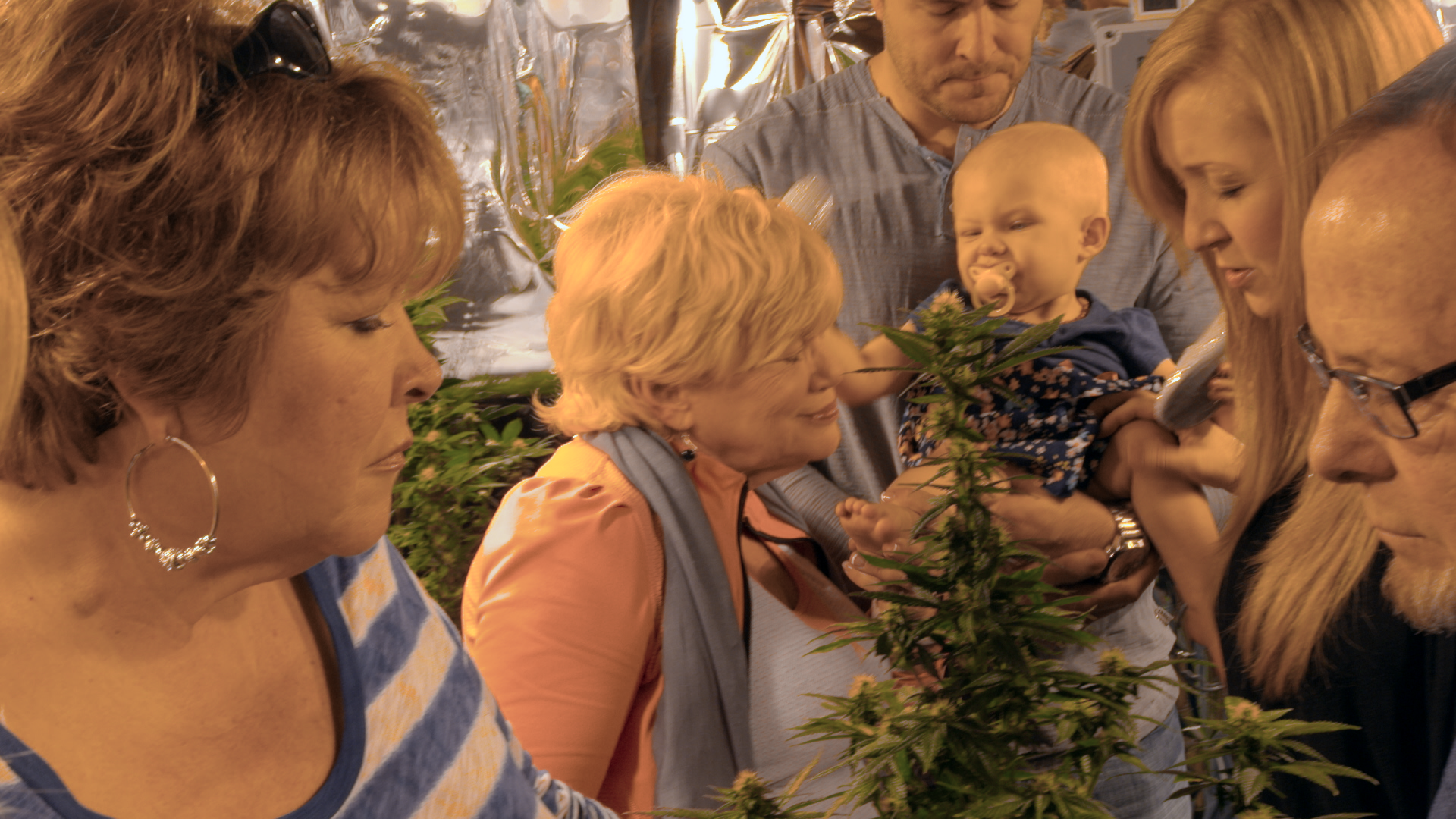
Do you feel like the opioid crisis is going to push public perception for the need for more clinical trials of medical cannabis?
I really, really hope it does. I really hope it does. Because right now, what we’re seeing powerful institutions and people just chasing the money. It’s like, “Oh, John Boehner is going to be on the board of a cannabis company.” Yeah, because he wants to make money.
Maybe there’ll be somebody really high profile, some politician’s child or some politician, who actually is able to get off opiates and replace it with cannabis and sees what a blessing this can be. That will pave the way to get rid of some of the stigma. I still think [medical marijuana] is looked upon as very alternative and very French.
We talked to a cancer patient the other day who was like, “Oh, yeah, when I left the hospital, they thought I was crazy because I didn’t want any of their Oxycontin. I wouldn’t take it. And I said, ‘No, no, no. I’m going to do this with cannabis.'”
They thought she was crazy, and that’s what needs to be reversed. It would be amazing if cannabis was the go-to pain reliever. The opiate crisis is a great way to look at this because if you look at what’s happening in states that do have medical marijuana, you see a really significant drop in opiate overdoses and prescriptions. So again, I think that’s good for public health, but that’s bad for Big Pharma. That’s always the trouble that we get into in this country: these big corporate interests over public health and safety.
Why do you think oncologists are hesitant to introduce cannabis as an option to their cancer patients?
I think oncologists are hesitant, most of them, because the data’s just not there for them. There just isn’t enough. There aren’t enough clinical trials, there aren’t enough studies. GW just did a study with one of their drugs in the U.K. looking at gliomas, which was very positive, but that’s one drug company-funded study, and that’s the problem.
The way our medical system is set up is doctors are taught to prescribe and everything has to go through the FDA, and there’s this system; things are dosed a certain way, and that’s the way they know how to work. They’re comfortable at this point.
But what I see happening with cancer patients, at Sloane Kettering and some of the big cancer hospitals, is the doctors and the oncologists are supportive. And they’re like, “Oh God, whatever you’re doing, keep doing it. Because you’re doing great.” [Doctors are] telling the patients this privately, but they can’t really share the information with other patients, and of course they’re scared. They don’t want to lose their license. They can’t prescribe a Schedule I narcotic. Their hands are tied right now to a certain extent, and it’s really sad.
Even when we were making the film, we would go film at a hospital, and then they would find out that there was some cannabis storyline and they would block our access. Some of the doctors were really blown away by what they were seeing in their child patients, and they wanted to interview and talk to us on camera and share that they were really amazed by the results that these children were getting by using cannabis with chemo treatments together. But they weren’t allowed to talk to us. The hospitals wouldn’t allow them to talk to us. It feels like there’s this big suppression of information, which again I think is so criminal and outrageous. We’re trying to lift the lid on that in the film.
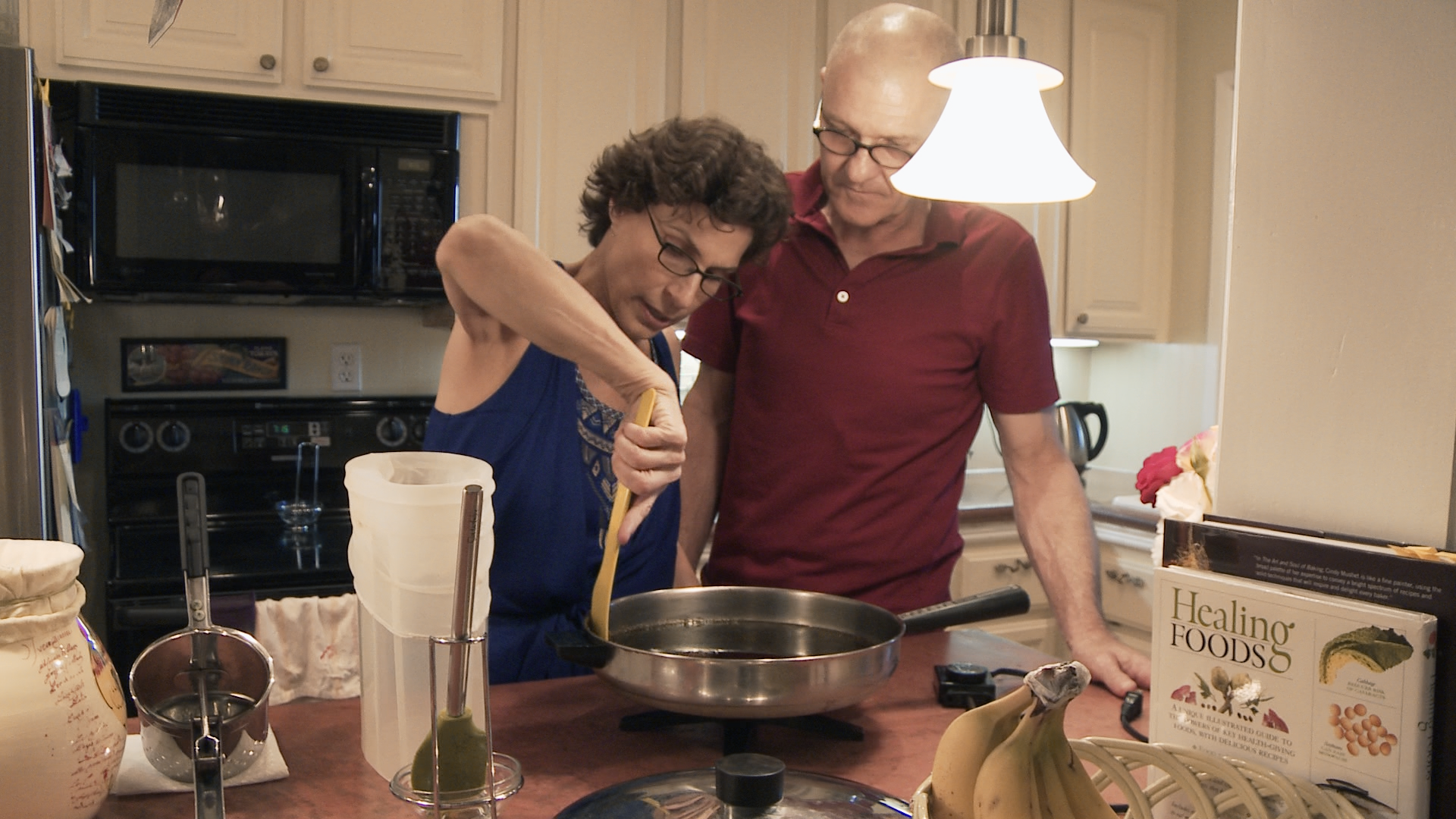
I saw that you created a GoFundMe for the kids featured in the film. It’s been going on for about seven months and doesn’t look like it’s had a lot of steam yet. How do you anticipate that changing in the wake of the documentary’s release?
I hope more people find that fund and donate to it because I’ll tell you, all these kids, even the kids in the film, they’re desperate. They’re desperate to pay for these [cannabis] oils. And the kids, even though they’re all doing amazing and their cancer is in remission, guess what? They still have to take a maintenance dose of this oil and it’s expensive, really expensive… California’s legalization regulations are not good for medical. They blew up the cost of licensing and testing, and a lot of the more Mom and Pop shops, the more boutique companies, are all getting driven out of business. And the ones that are in business, their costs have had to triple because of all the taxation.
I think I can already guess your answer to this question, but what do you hope is the overall kernel that people take away from this film? What do you hope that they absorb?
The most important thing to us is that they really see this issue in a new way. The face of medical marijuana, what it really, really looks like. And that people understand why this is a human rights issue. This is a human rights issue now, and you can see that so clearly in the film — why would you want to keep a plant away from suffering people? A plant that is not dangerous, that is not toxic. We really want people to see the hypocrisy of what’s going on here, and that the government is allowing cocaine to be studied and used medically, but not cannabis, which has probably ten billion times the medical potential of cocaine.
If this plant was found in the Amazon rainforest today, they would say it’s a miracle drug. “This is a miracle plant. Oh my God, we’re going to cure so many diseases with this plant!” But because it’s been politically prohibited… We want people to understand that prohibition is racist and political and economic. [It] has nothing to do with public health.
It’s really important to us that people see the big picture, and understand how this is going to become a human rights issue… In this country, we need to get over that this is just “a drug of abuse” and nothing more. We’ve got to un-brainwash a culture.
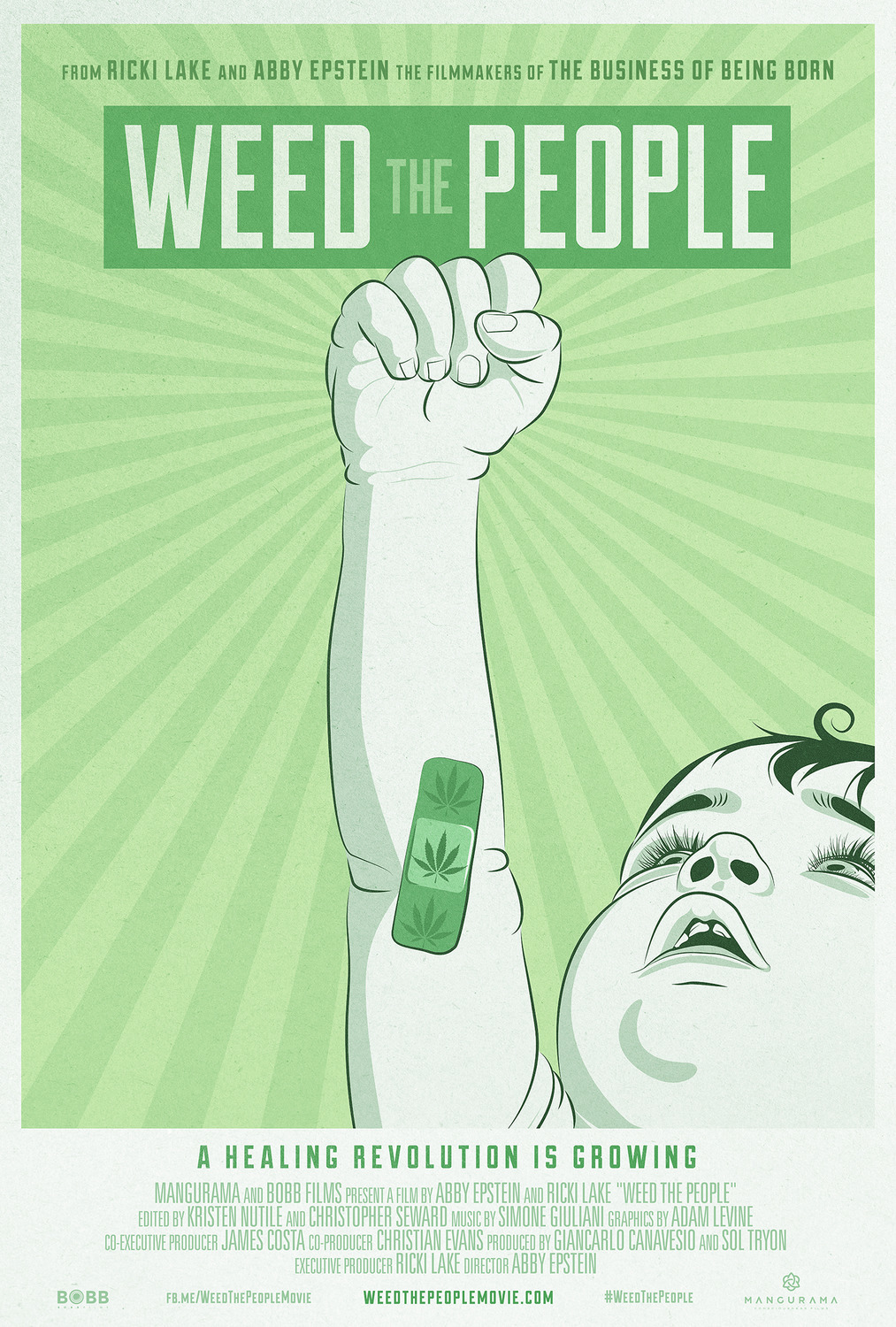
“Weed the People” is now showing at theaters across the country. Visit the official documentary site to learn more.
And consider making a donation to Epstein’s charitable GoFundMe campaign here
Follow Beca Grimm on Twitter


